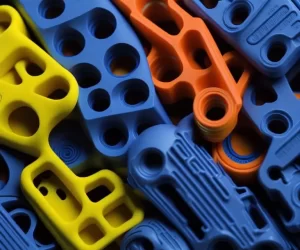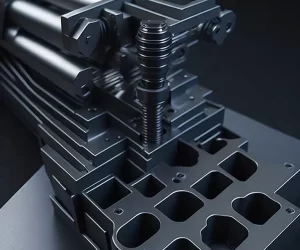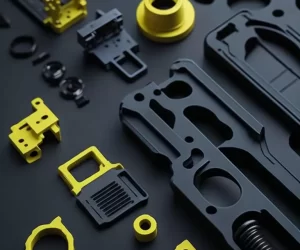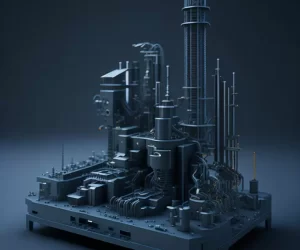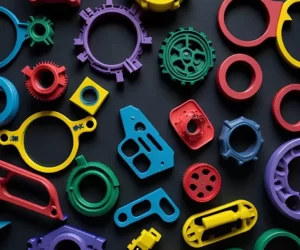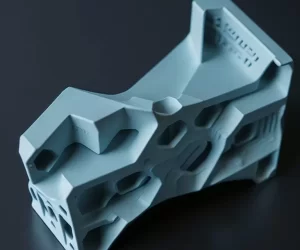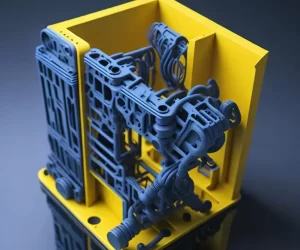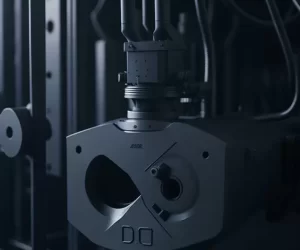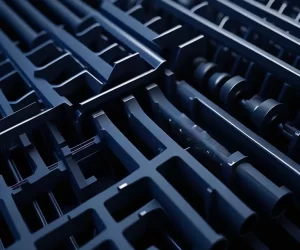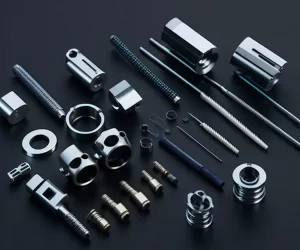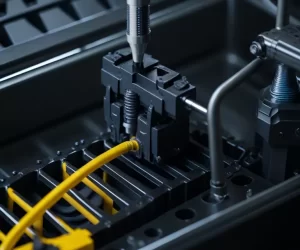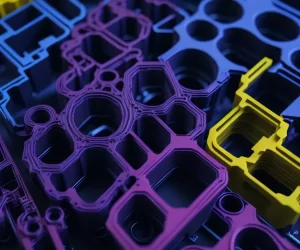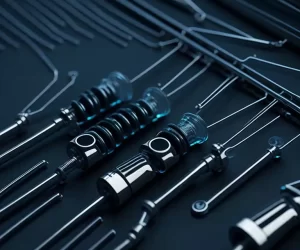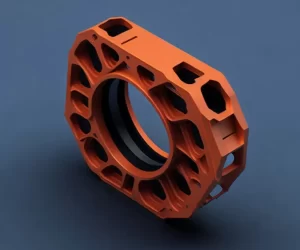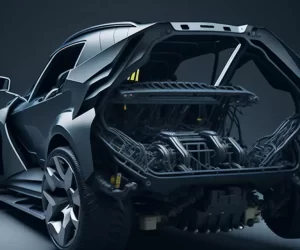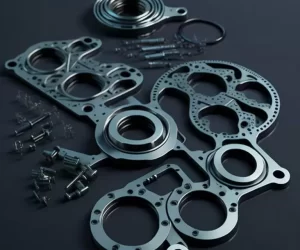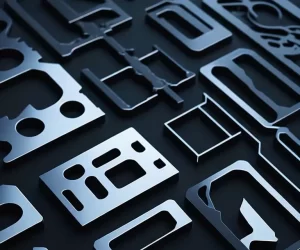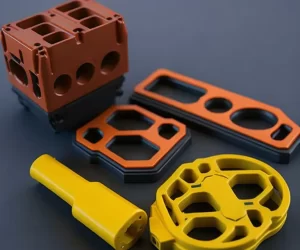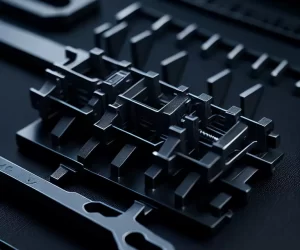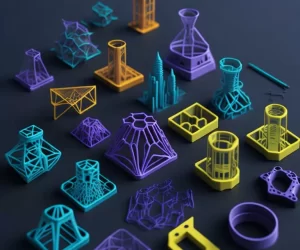Blog Center
The Versatile World of Nylon Plastic: Properties, Applications, and Sustainability
Nylon is a synthetic thermoplastic polymer made from polyamide fibers.
All You Need to Know About 5 Axis CNC Machining Services
5 Axis CNC machining is a next-generation manufacturing technology that allows for the production of complex parts with high accuracy and precision.
A Comprehensive Guide to Plastic Injection Molding Services
Plastic injection molding is a manufacturing process that enables the production of plastic parts in large volumes.
Rapid Prototyping in Industrial Model: Understanding the Process and Advancements
Rapid prototyping is a technology-driven process that enables quick and cost-effective creation of physical models or parts directly from digital 3D data.
The Complete Guide to How Plastic Parts Are Made
The use of plastic parts has become widespread across various industries.
The Advantages and Applications of Prototype Molding Plastic for Rapid Prototyping
Prototype molding plastic is a specialized injection molding process that aims to produce functional prototypes of parts or products in a short amount of time.
The Advantages and Applications of 3D Printed Injection Molds in Manufacturing
The manufacturing industry is undergoing a paradigm shift with the integration of 3D printing with traditional manufacturing practices.
A Comprehensive Guide to Vacuum Casting in Manufacturing:Process,Applications&Advancements
Vacuum casting is a manufacturing process that allows the production of small to medium-sized parts in large quantities with high accuracy and detail.
The Plastic Extrusion Process: Techniques, Materials, Applications and Future Trends
Plastic extrusion is a manufacturing process that involves the heating and melting of plastic raw materials, forcing them through a die, and shaping them into a continuous profile.
Achieving High Precision: Manufacturing of Precision Parts and Components
High precision manufacturing is becoming increasingly important in today’s world.
About Injection Moulding Process: Techniques, Applications, and Advancements.
Injection moulding is a manufacturing process that involves injecting molten materials into a mould to produce complex geometries.
China Plastic Injection Mold Industry: Trends, Innovations, and Future Directions
The plastic injection mold industry in China is an essential component of the country’s manufacturing sector.
Rapid Prototyping in Medical Instruments: Design, Manufacture, and Applications
Rapid prototyping is a technology used to create physical models and parts directly from digital designs, allowing engineers or designers to quickly fabricate and test their designs.
Plastic Part Design: Principles, Techniques, and Applications
Plastic part design is a crucial aspect of the manufacturing process that involves designing and engineering plastic components used in various applications.
Rapid Prototyping in the Automotive Field: Accelerating Innovation and Production
The automotive industry has always been at the forefront of innovation and technology, constantly pushing the limits in terms of design, manufacturing, and performance.
Metal Die Casting Parts: Materials, Processes, and Applications
Metal die casting is a manufacturing process used to create high-volume, precise, and complex metal parts.
Everything You Need to Know About Sheet Metal Products:Applications,Benefits&Challenges
Sheet metal products are ubiquitous in modern manufacturing, found in everything from household appliances to airplanes.
An Overview of Plastic Injection Molding Parts: Materials, Processes, and Applications
Plastic Injection Molding Parts have revolutionized the manufacturing industry, providing a cost-effective and efficient way to mass-produce parts and products.
A Comprehensive Guide to Rapid Tooling: Techniques, Materials, and Applications
Rapid tooling is a manufacturing technique used to quickly produce tooling for a manufacturing process.
Stereolithography (SLA) 3D Printing Parts: Advantages and Applications
Stereolithography (SLA) is a type of 3D printing that uses light to create highly-accurate and precise parts. Unlike other types of 3D printing, SLA uses a liquid resin that is hardened by a UV laser, resulting in a highly-detailed and complex part.
